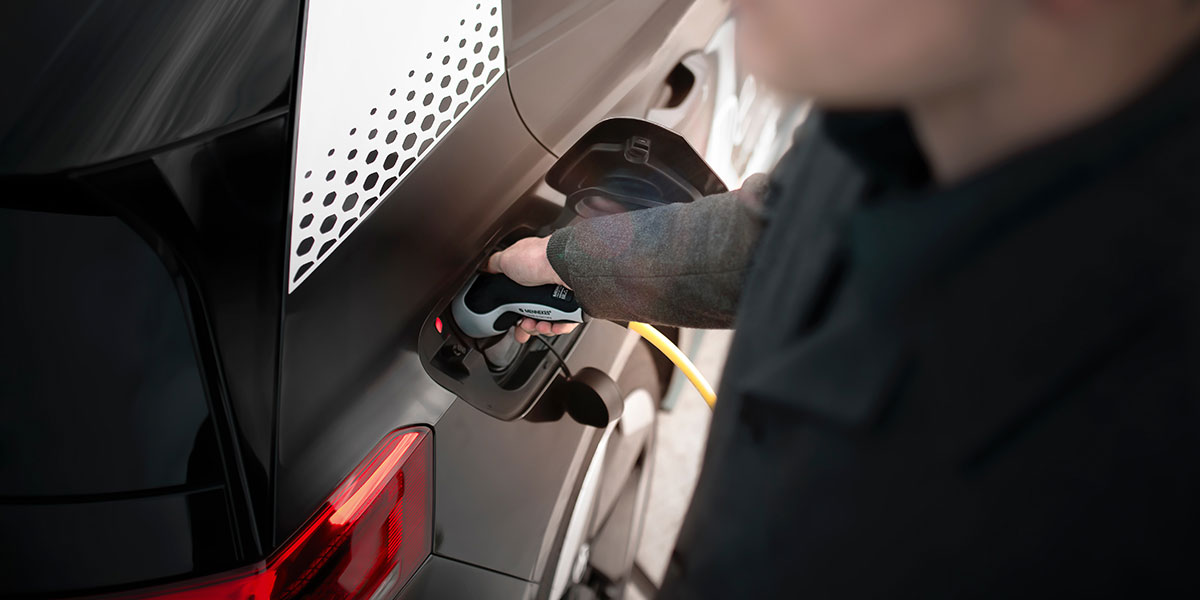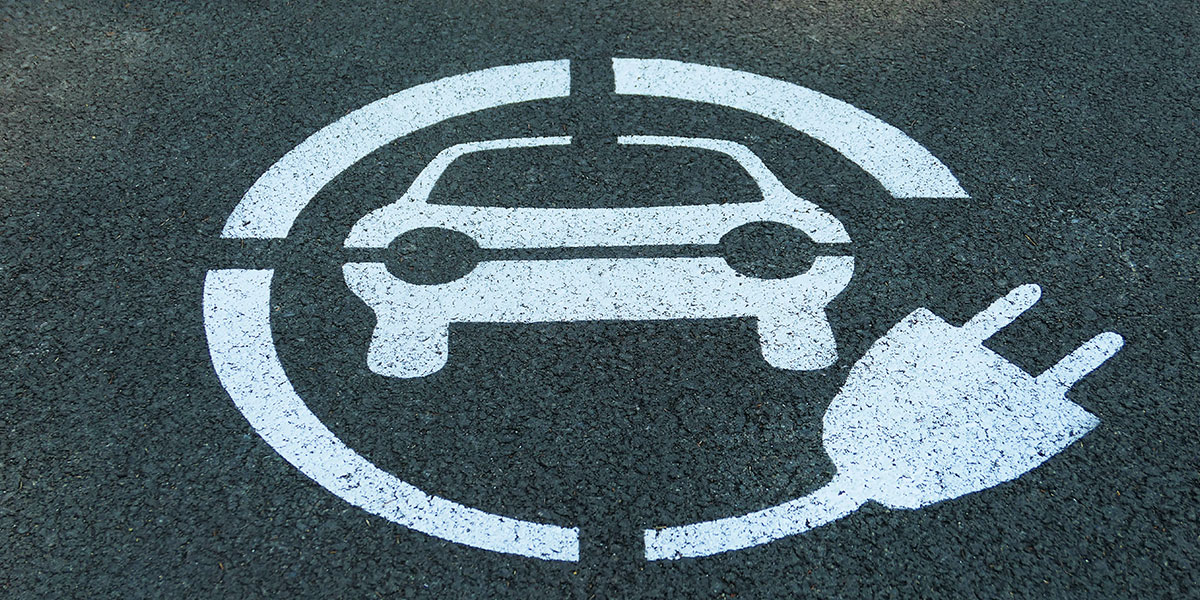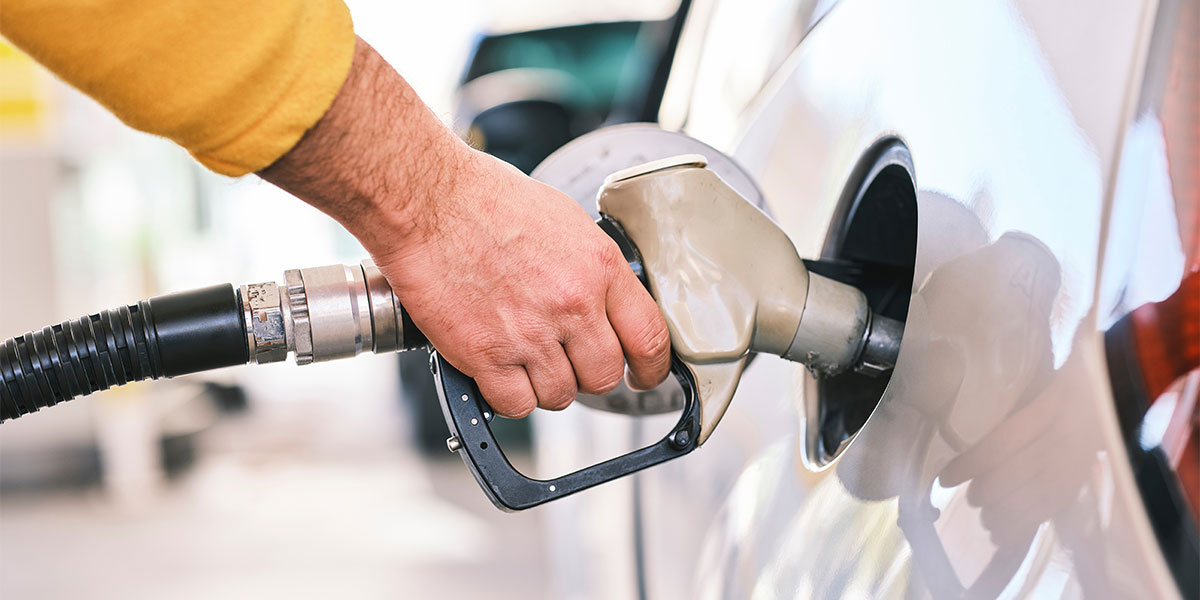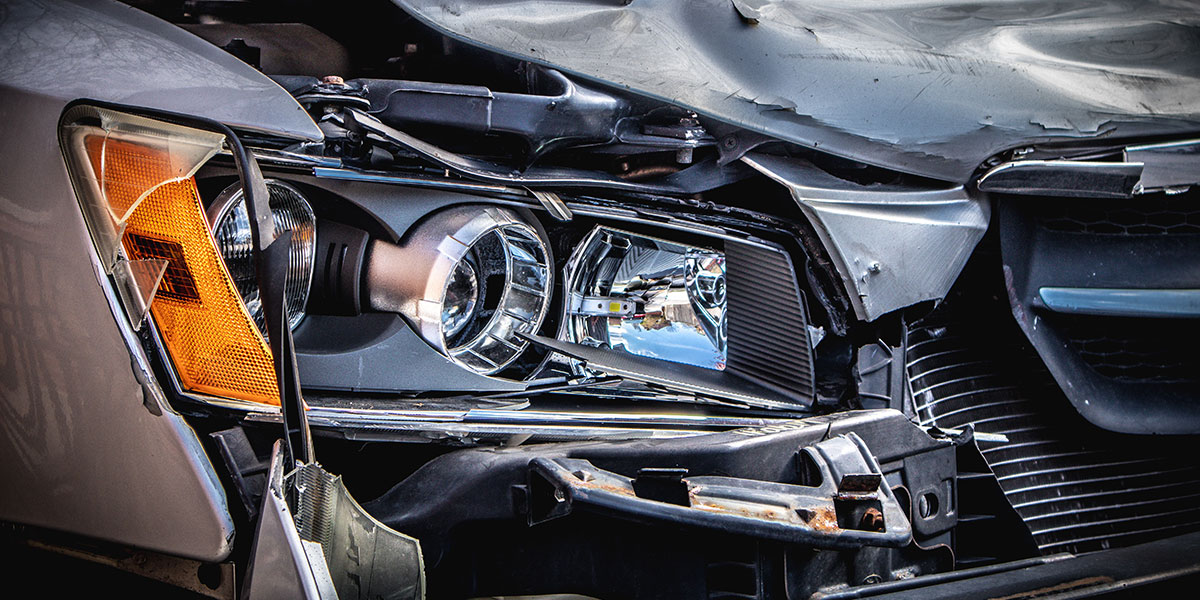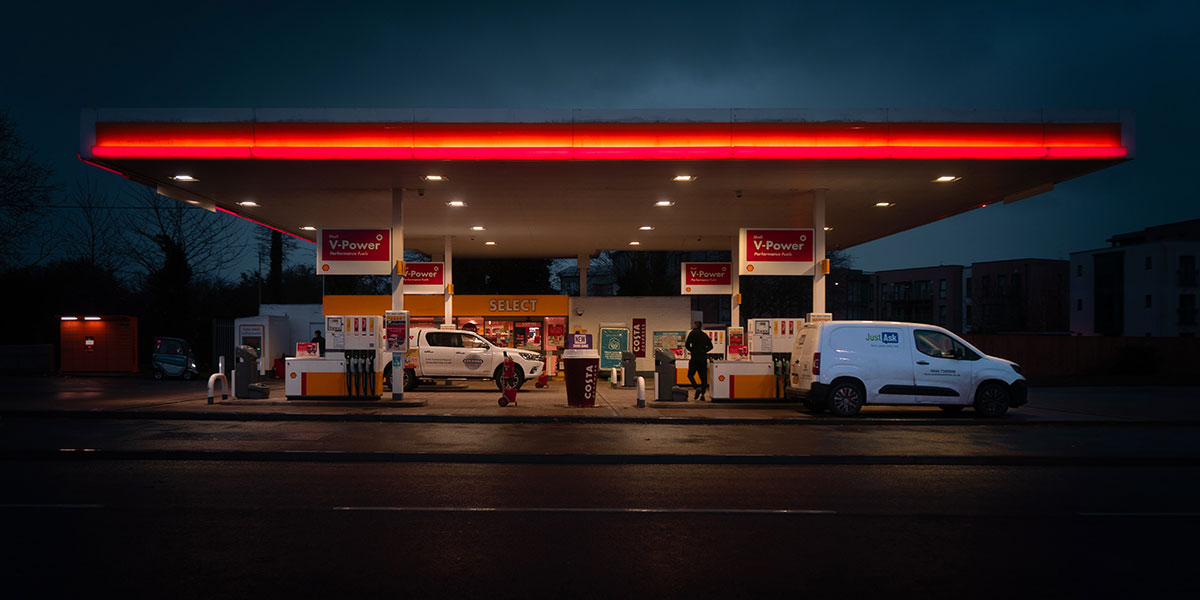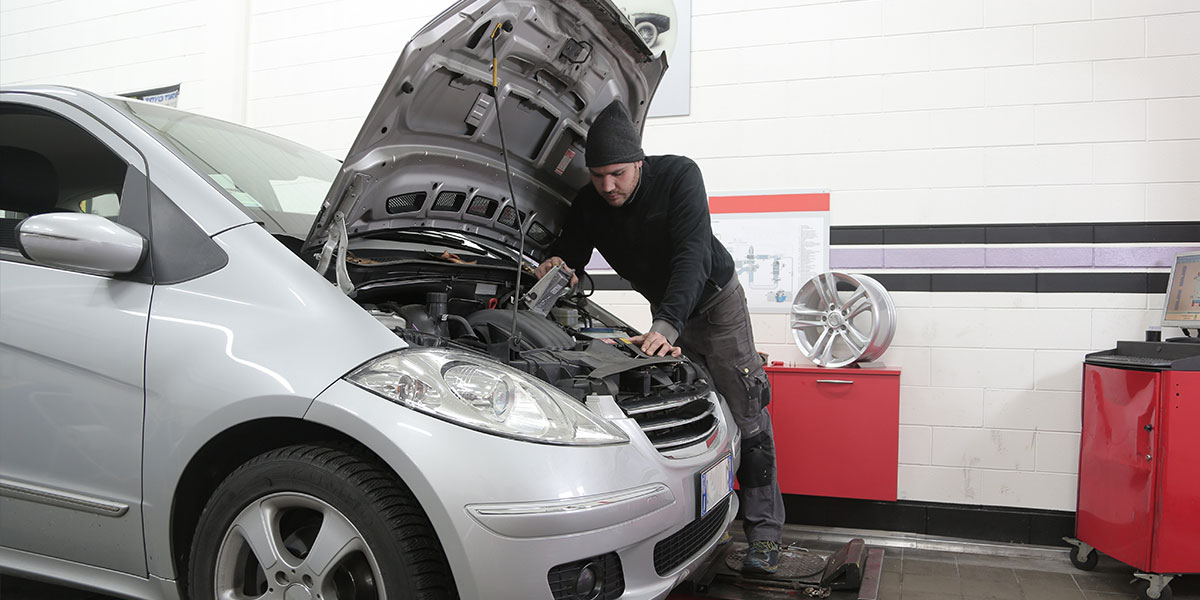How to charge an electric car
There are three main ways that an EV can be charged. Each one will impact how much it costs to charge an electric car.
Home
This is the easiest way to charge an electric car. It can be done via a three-pin domestic socket, but it’s more energy efficient to charge an EV with a dedicated home charger, as these are three times faster than a three-pin socket. As EVs become more popular, there are increasingly flexible at-home charging options available.
At-home charging is contingent on being able to install a unit for EVs, which can be pricey. You may be able to secure on OZEV grant in order to fund this, however.
Workplace
Check whether your employer has workplace EV charging, which is being introduced as a scheme to encourage commuters to switch to electric cars.
Public
The public EV charging network is vast, and it may feel overwhelming. Units can be found at locations including car parks, retail parks and service stations.
How much does it cost to charge an electric car?
Be aware that it’s difficult to provide an exact costing for how much it costs to charge an EV, because this will depend on energy providers, amongst a whole host of other factors, including the location, tariff, charging speed and the vehicle’s battery capacity.
Home
Exactly how much it costs to charge an EV at home will depend entirely on your energy tariff. It also depends on the car that you’re charging up. Smaller vehicles will cost less than larger SUVs.
However, as a general rule, it’s cheaper to charge your electric car at home than either at a workplace or public charging spot. Charging your EV to full capacity generally ranges from under £5 to around £15, depending on factors such as battery size and tariff.
If you’re looking to purchase an EV and are thinking about changing your energy provider, it might be an idea to look for tariffs with more affordable off-peak hours. You can take advantage of these off-peak hours to charge your vehicle, making use of the lower electricity prices.
Workplace
If your company provides workplace charging, you may benefit from discounted or even free charging, depending on their offering.
Public
There’s most variation in terms of how much you can expect to pay for charging an electric car via public infrastructure. Assume that charging your car to 80% capacity will cost anywhere from £7 to £10.
Rapid chargers tend to be the most expensive, but also the most time efficient, as they’ll charge your EV quicker than alternatives. Pod Point report that 30 minutes of charging at one of their rapid charging points at Lidl will cost around £6-7 and give approximately 100 miles of range. It’s slightly more expensive on their rapid chargers at Tesco.
There are also public charging networks like BP Pulse, which has over 9,000 public charging spots UK-wide and works via an app or membership card, offering either pay-as-you-go or subscription-based payment. Ecotricity is a greener option that operates via an app-based membership service, but there are others like GeniePoint and Shell Recharge, too.
Can you charge an electric car for free?
If you’re savvy about it, then there are ways to charge your electric car for free. Some retail parks and car parks offer the chance to do so – but be aware that you may need to pay for parking or conform to other regulations.
Tesco has partnered with Volkswagen and Pod Point, providing free charging on its fast charge points – but be aware that rapid charge points still require payment.
You can also use the Pod Point app and Zap Map to check for UK chargers near you. Use the filter tool to look out for free charging points, or opt for paid ones according to your need.
Cost-effective finance for electric vehicles
If you have doubts about how affordable owning and using an electric car might be, My Car Credit’s team of specialists can advise. We’ll give you an EV car loan quote and help you to find ways of driving more sustainably that won’t break the bank.
Get in touch today on enquiries@mycarcredit.co.uk and our helpful team will get back to you.
Rates from 9.9% APR. Representative APR 10.9%
Evolution Funding Ltd T/A My Car Credit
Require more help?
Got a question you can’t find the answer to, or need some advice and guidance around taking out car finance? Our Car Credit Specialists are friendly, experienced, and here to help so get in touch today!

